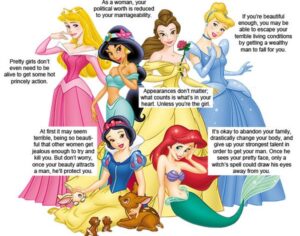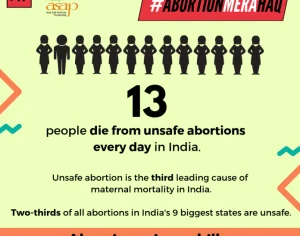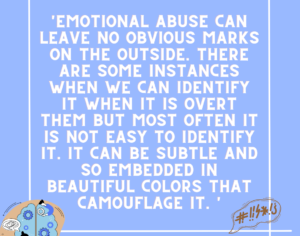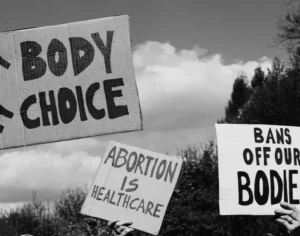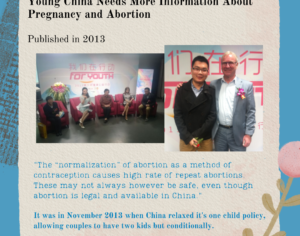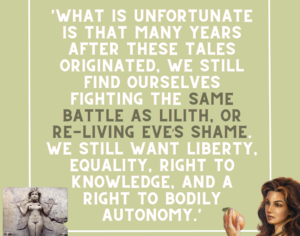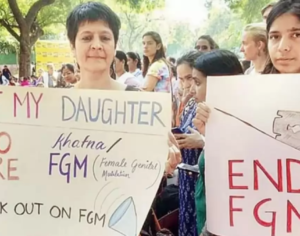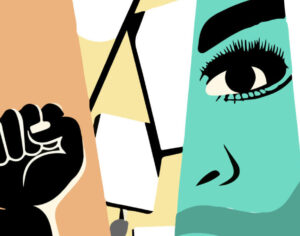Word Of The Month: Patriarchy
It’s March, and International Women’s Day is only a week away! (March 8!!) But before we celebrate the importance of women, let’s try and understand the structures that in the first place necessitate a day that reminds us that a woman is an important person too. So, here is Dr. Suchitra Dalvie ASAP’s Coordinator with her Word of the Month Column. The word this time is patriarchy.
“Patriarchy is not men. Patriarchy is a system in which both women and men participate. It privileges, inter alia, the interests of boys and men over the bodily integrity, autonomy, and dignity of girls and women.”
Ashley Judd.
Well said Ashley !!
( Click here to read more)
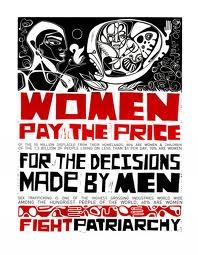 Patriarchy (rule by fathers) is a social system in which the male is the primary authority figure central to social organization and the central roles of political leadership, moral authority, and control of property, and where fathers hold authority over women and children.
Patriarchy (rule by fathers) is a social system in which the male is the primary authority figure central to social organization and the central roles of political leadership, moral authority, and control of property, and where fathers hold authority over women and children.
However, in modern times, it more generally refers to social systems in which power is primarily held by adult men. It implies the institutions of male rule and privilege, and entails female subordination.
(Paternalism is behavior, by a person, organization or state, which limits some person or group’s liberty or autonomy for their own good. The word paternalism is from the Latin pater for father, though paternalism should be distinguished from patriarchy. Paternalism is sometimes thought appropriate towards children and paternalism towards adults is sometimes thought to treat them as if they were children.)
Anthropological evidence suggests that most prehistoric hunter-gatherer societies were relatively egalitarian, and that patriarchal social structures did not develop until many years later , following social and technological innovations such as agriculture and domestication.
Egypt left no philosophical record, but Herodotus left a record of his shock at the contrast between the roles of Egyptian women and the women of Athens. He observed that Egyptian women attended market and were employed in trade. In ancient Egypt a middle-class woman might sit on a local tribunal, engage in real estate transactions, and inherit or bequeath property as well as secure loans and witness legal documents. Greek influence spread, however, with the conquests of Alexander the Great, who was educated by Aristotle.
One evolutionary psychology explanation for the origin of patriarchy starts with the view that females almost always invest more energy into producing offspring than males, and therefore in most species females are a limiting resource over which males will compete. This is sometimes referred to as Bateman’s principle. Female prefer males who control more resources, which in turn help her and her children. Men complete over resources and power, in order to respond to this selection pressure. And this in turn, of has led to a narrow definition of manhood and the ideal man.
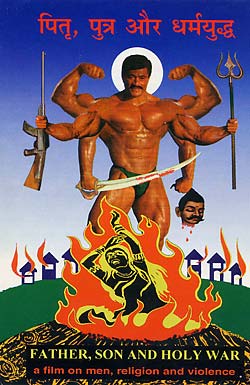 It is important to recognize that patriarchy does not refer to a simple binary pattern of male power over women, but power exerted more complexly by age as well as gender, and by older men over women, children, and younger men. Some of these younger men may inherit and therefore have a stake in patriarchy’s continuing conventions. Others may rebel.
It is important to recognize that patriarchy does not refer to a simple binary pattern of male power over women, but power exerted more complexly by age as well as gender, and by older men over women, children, and younger men. Some of these younger men may inherit and therefore have a stake in patriarchy’s continuing conventions. Others may rebel.
All religions have played a role in perpetuating and strengthening patriarchy. But that is a huge topic in itself. But for now we would recommend you watch Father, Son and the Holy War.
The media most often presents women as cleaners, housewives, domestic servants providing comfort and support for men, a man’s sex object to service men’s sexual needs. When the media suggests these roles are natural and normal, it contributes to reinforcing patriarchal ideology and supports male dominance.
Take the recent campaigns against sex selection in India; they’ve used to have slogans which said—if daughters are not born, who will your sons marry? This negated any intrinsic value of the woman to be born in and as herself, but only if she fulfilled traditional patriarchal roles as a wife and then mother.
This month we will try to understand these roles, and the hand of various institutions in perpetrating these roles through our various blogs. We’ll take a look at each of these issues through the lens of abortion as well. Hope you will join us through this ride!


